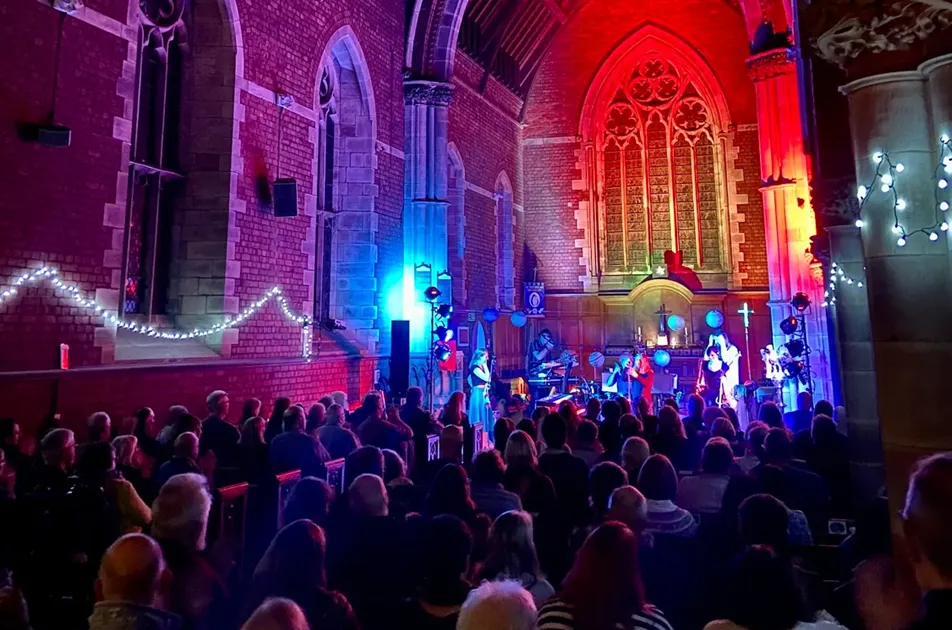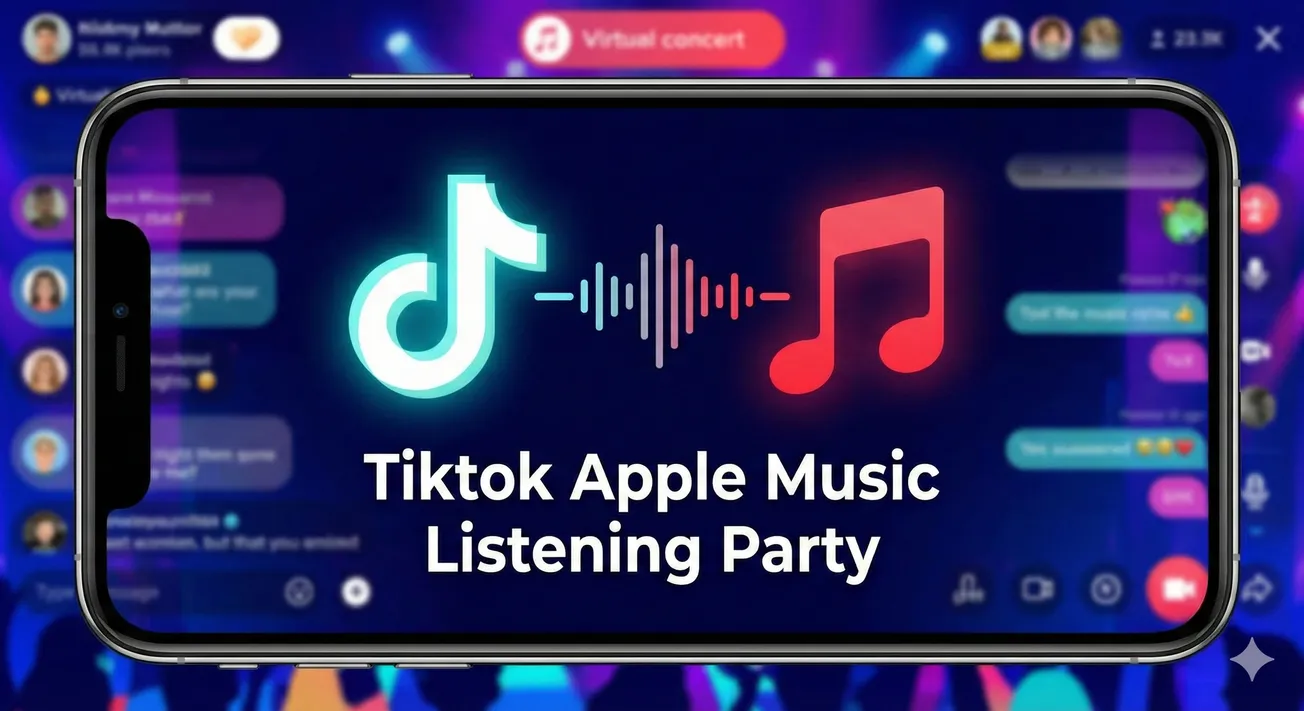_____________________________
Guest post by Shelby Kennedy, VP, Entertainment Relations TuneCoreArtists who want a real career need to think beyond the next track and create a brand that connects with audiences long-term. Over my career as a songwriter, producer and label executive, I’ve seen that musicians succeed by building strong and engaging personas as a part of shaping a business plan.Streaming music’s vitality has artists once again making money from recording, as they tap other increasingly important revenue streams like touring and licensing. But the diversification of the industry that got us to here should not soon be forgotten. It's called the “music industry” for a reason — as an artist, you're essentially running your own small business, and your art is the “product.” Therefore, it’s critical to focus on the whole package you are presenting. The music is what the audiences connect with, the brand is what they engage with. In today’s world of streaming- and social media-driven artist-to-audience interaction, careers will be built on a lasting, sustained personal brand. And, for consumers to engage with you again and again — and give you their money — you need to establish a consistent, attractive brand that they can relate to.Art and commerce have been merged throughout the evolution of the music industry. In the past, though, major labels and radio promoters were much more powerful as gatekeepers. Today, the creatives can be in charge, and bring the same creativity to managing their careers that they bring to making music.Independent artists no longer need to be concerned with gatekeepers: access to streaming platforms and social media channels provides direct connections to audiences. But the brand-building and marketing roles now belong to the artist as well, which is crucial for turning audiences into fanbases.‘Making the Brand’ For A Lasting Career In Music [Tunecore’s Shelby Kennedy]
For artists who are in it for they long haul, its important to think past their next release and to look at the big picture, spending time growing strong, engaging. Continue reading [https://www.hypebot.com/hypebot/2019/04/making-the-brand-for-a-lasting-career.html]




